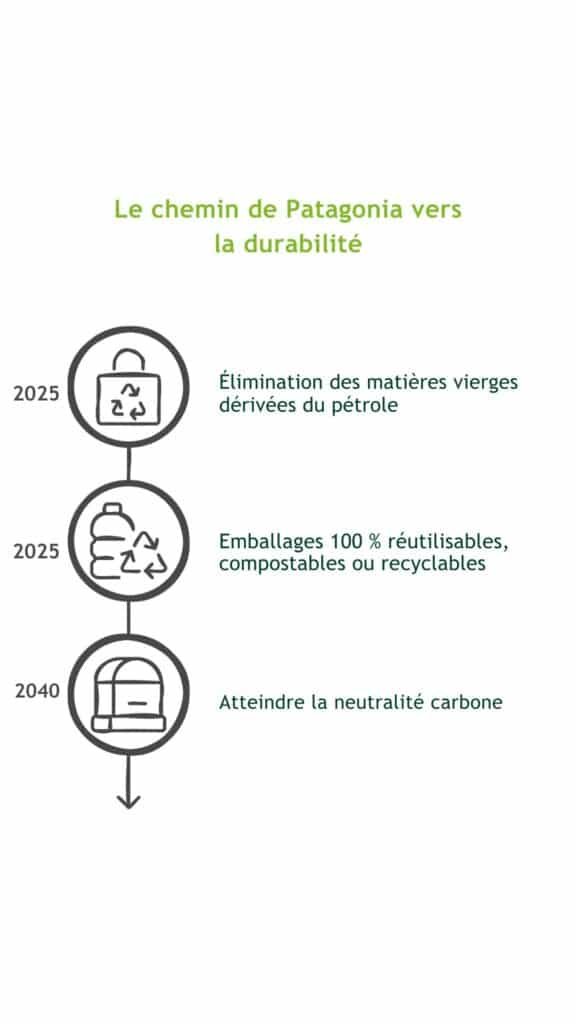Introduction
Face à l’urgence climatique, de plus en plus d’entreprises adoptent des initiatives écologiques, motivées par des convictions, la pression réglementaire ou la demande des consommateurs. Ces actions redéfinissent la manière de faire des affaires.
En occupant une position stratégique, les entreprises peuvent réduire significativement leur impact environnemental et inspirer d’autres acteurs grâce à leurs choix de production, de logistique et d’innovation.
Cet article présente cinq entreprises exemplaires dans leur engagement pour l’environnement. Parmi elles, ByCommute, qui se distingue par ses solutions en faveur de la mobilité douce, illustrant ainsi l’impact positif de l’innovation verte sur la vie urbaine.
1. Sopra Steria : Innovation pour l'efficacité énergétique
Sopra Steria se concentre sur la réduction de ses émissions de carbone en optimisant ses centres de données et en améliorant l’efficacité énergétique de ses bâtiments. L’entreprise s’appuie sur des technologies de pointe pour surveiller et gérer la consommation d’énergie, ce qui contribue à une réduction significative de son empreinte carbone. En plus de l’optimisation des infrastructures, Sopra Steria favorise la sensibilisation de ses employés aux pratiques écoresponsables, encourageant un changement de comportement collectif. Ces initiatives ont permis de réduire de 29 % les émissions de carbone sur plusieurs années, tout en s’engageant à atteindre le zéro net d’ici 2040, renforçant ainsi leur contribution à la lutte contre le réchauffement climatique. Pour en savoir plus sur leurs engagements environnementaux.

2. L'Oréal : Une beauté durable et engagée
Avec le programme “L’Oréal pour le Futur”, L’Oréal s’engage à réduire les émissions de CO₂, à utiliser des matières premières durables, et à atteindre la neutralité carbone pour ses sites industriels d’ici 2030. L’entreprise mise sur l’innovation pour développer des procédés de production plus respectueux de l’environnement, notamment par l’usage accru d’énergies renouvelables et la mise en place de pratiques circulaires. En outre, L’Oréal collabore étroitement avec ses fournisseurs pour garantir un approvisionnement durable, tout en sensibilisant les consommateurs à des choix plus écologiques. Ce programme ambitieux s’étend à tous les niveaux de production et d’approvisionnement, impliquant toute la chaîne de valeur de l’entreprise dans sa démarche de développement durable. Pour en savoir plus sur le programme « L’Oréal pour le Futur ».

3. ByCommute : La mobilité douce au cœur de la ville durable
ByCommute conçoit des abris vélos éco-responsables en utilisant des matériaux renouvelables, comme le bois thermo-traité, et des solutions modulables, telles que l’intégration de panneaux solaires pour alimenter des systèmes d’éclairage autonome. ByCommute propose des abris réalisés à partir de containers maritimes recyclés, offrant une alternative durable et innovante pour le stationnement des vélos. Ces abris issus de la réutilisation de containers permettent de réduire la production de nouveaux matériaux, tout en créant des infrastructures robustes et sécurisées. En offrant des abris sécurisés et esthétiques, ByCommute encourage les entreprises et collectivités à promouvoir l’utilisation du vélo, contribuant ainsi à une réduction notable des émissions de gaz à effet de serre en milieu urbain. Ces initiatives ne se limitent pas à la construction d’abris, mais incluent également des services de maintenance et des solutions de stationnement innovantes. Pour en savoir plus sur leurs solutions d’abris vélos éco-responsables.

4. Thales : Protection de l'environnement via l'innovation technologique
Thales investit dans des technologies à faible impact environnemental et optimise ses chaînes de production grâce à l’utilisation de matériaux recyclables et à l’amélioration de l’efficacité énergétique de ses sites. L’entreprise a également mis en place des processus d’éco-conception pour réduire l’impact environnemental de ses produits dès la phase de développement. En s’engageant à déployer des innovations durables, tant pour les solutions militaires que civiles, Thales contribue à la limitation des émissions de CO₂ tout en répondant aux besoins technologiques de ses clients. Ces actions reflètent l’engagement de Thales à adopter des pratiques plus vertes et à jouer un rôle actif dans la transition écologique. Pour en savoir plus sur leurs engagements pour la protection de l’environnement.
5. Patagonia : Une pionnière de l'écologie et du recyclage
Patagonia est reconnue pour son utilisation innovante de matériaux recyclés, notamment dans la production de vêtements techniques, et pour ses initiatives encourageant la réparation et la réutilisation de produits. La marque s’engage à minimiser l’impact environnemental de l’industrie textile en investissant dans des technologies vertes et en sensibilisant les consommateurs à la durabilité. Avec des pratiques de production éthique et une transparence exemplaire sur ses actions, Patagonia inspire non seulement les autres acteurs de l’industrie, mais aussi les consommateurs à adopter des comportements plus responsables. En plus de ses initiatives internes, Patagonia soutient activement des projets environnementaux à travers des dons et des partenariats stratégiques. Pour en savoir plus sur la responsabilité environnementale de Patagonia.

Conclusion
Les entreprises jouent un rôle essentiel dans la transition vers un monde plus durable, et leurs initiatives ont le pouvoir d’influencer positivement la société. En agissant de manière proactive et responsable, elles montrent que la durabilité est non seulement possible, mais aussi avantageuse.
Pour aller plus loin et découvrir comment ByCommute peut vous accompagner dans votre démarche écologique, explorez leurs solutions innovantes destinées aux entreprises et collectivités pour promouvoir la mobilité durable.





